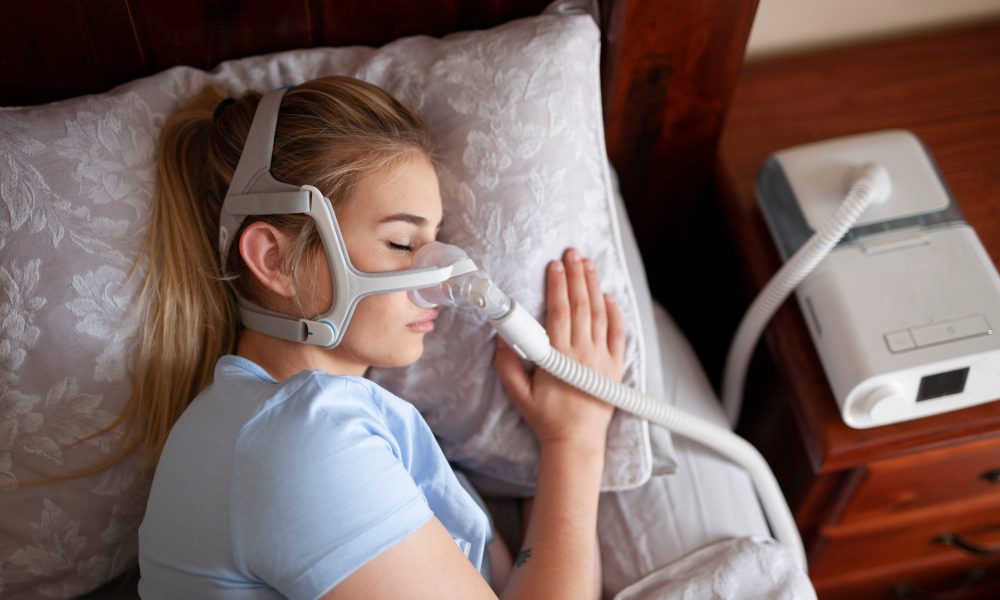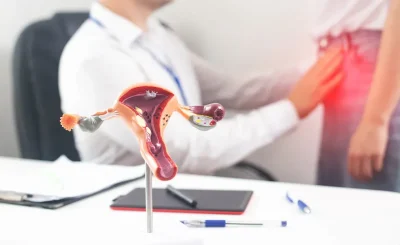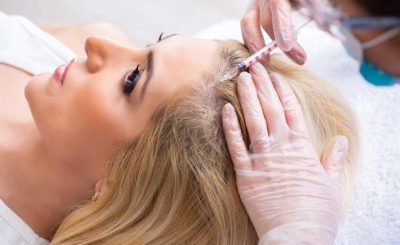Sleep apnea can severely affect your lifestyle and lead to several other health issues if not treated properly and timely. More than 39 million individuals in the US and over 935 million around the world are affected by sleep apnea. Many Virginia residents are also affected by this problem and seek effective solutions to the condition.
If you or someone you know in Virginia is finding it difficult to sleep due to obstructive sleep apnea, you must consider visiting a professional dentist in Leesburg, VA. A dentist can help you eliminate sleep apnea symptoms and various other oral and dental issues.
Understanding signs of sleep apnea
Sleep apnea can be of two types: obstructive sleep apnea (OSA) and central sleep apnea (CSA). Obstructive sleep apnea occurs when your tongue and other throat muscles become so relaxed during sleep that they block your upper airway. Central sleep apnea occurs when your brain fails to control your chest muscles and airway, causing you to stop breathing during sleep.
Following are some of the most common signs that may indicate that you have sleep apnea.
- Feeling excessively sleepy and drowsy throughout the daytime
- Snoring loudly
- Choking or gasping during sleep
- Experiencing episodes of stopped breathing while sleeping
- Waking up in the morning with a sore throat and dry mouth
- Waking up with headaches
- Not being able to focus during the daytime
- Quickly being upset, feeling depressed, and changes in mood
- Increased blood pressure
- Decrease in libido
Different types of sleep apnea devices

Several devices can help your airways open for improved breathing while you sleep. Some of the most commonly used devices are as follows.
- Mandibular advancement device (MAD): A mandibular advancement device looks like a mouthguard that snaps over your bottom and top teeth to create a hinge. The hinge lets your lower jaw move slightly forward and stabilizes your tongue and soft palate to ensure your airway stays open while you sleep.
- Tongue retaining devices: A tongue retaining device is like a splint that holds your tongue in the right place so your airway remains open. However, it is not as often prescribed by dentists as the MAD because it is comparatively less comfortable and more challenging to get used to.
- CPAP: A continuous positive airway pressure or CPAP machine incorporates a mask over your mouth and nose through which the air is blown at a certain pressure that keeps your airways open while you sleep. However, it can cause dry mouth, nasal congestion, and skin irritation.
- Position pillow: A position pillow keeps your upper body elevated to help your airways stay open and keep it from collapsing. As a result, you get better sleep. A position pillow is usually used with a CPAP machine, but the pillow alone can also deliver good results for patients with mild symptoms.
- Nerve stimulation device: A hypoglossal nerve stimulator, a nerve stimulation device that is the size of a pacemaker, is inserted in your chest through surgery. The device can be controlled with a remote, which you can turn on before sleep. It monitors your breathing and sends signals to tongue and throat muscles to move forward, which keeps your airway open.
Benefits of using a sleep apnea device
Following are some significant benefits of sleep apnea devices.
- Improved quality of sleep
- Reduced drowsiness and sleepiness during daytime
- Reduced risk of other complications
- Improved cognitive functions
- Decreased snoring
- Increased energy level and metabolic functions
Final takeaway
Sleep apnea can get worse with time and can lead to several other health issues. Therefore, early diagnosis and treatment are essential. If you have obstructive sleep apnea, your dentist can help you with solutions like mandibular advancement devices or tongue retainer devices.







